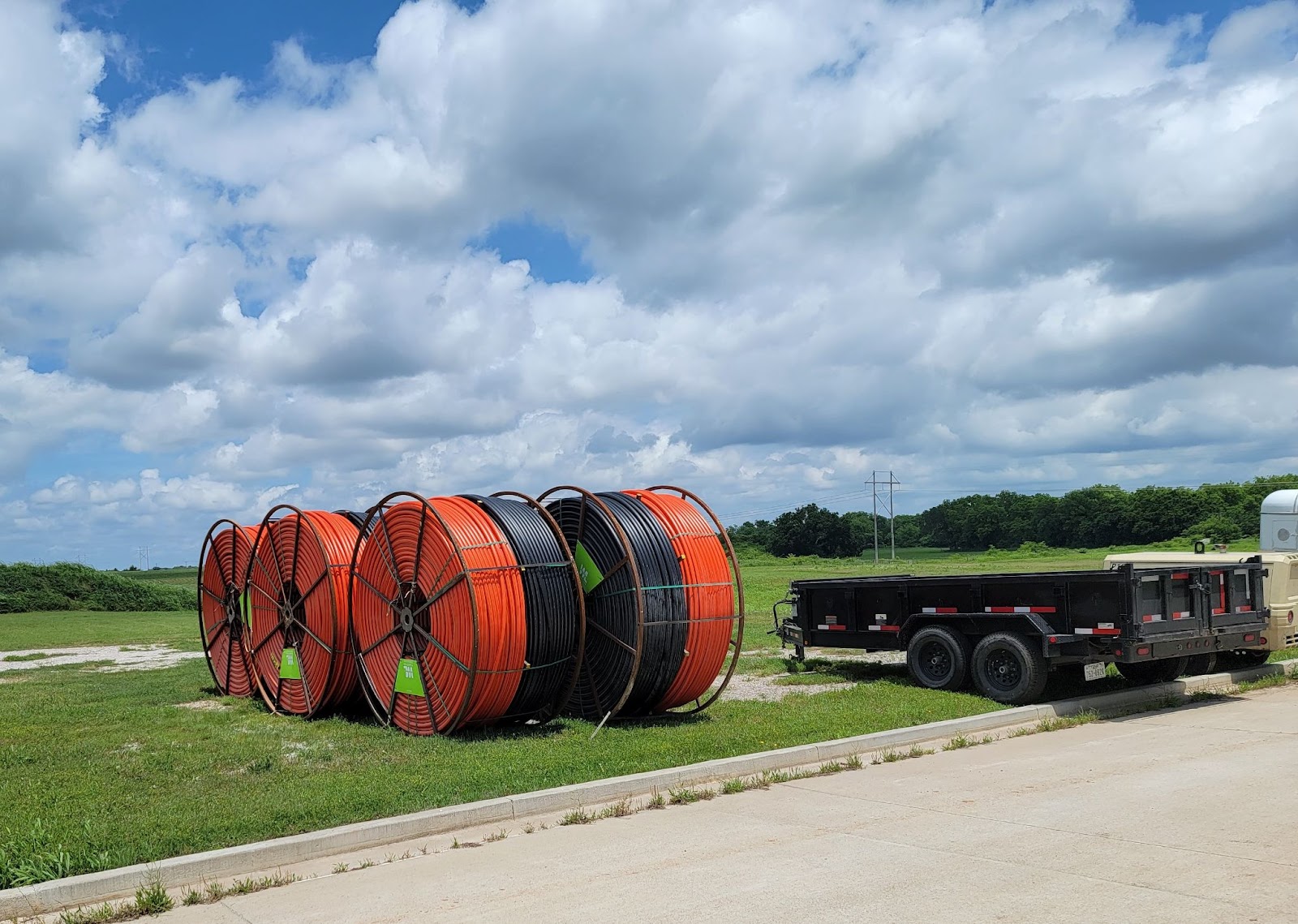
-
Details
-
Of Caliber Financial Services
-
Across America, businesses struggled to stay afloat during the COVID-19 pandemic. Brick-and-mortar businesses tried to continue operations by adopting alternative methods of delivering goods and services, especially by electronic means. Entertainment businesses, including casinos, were particularly hard hit. Online delivery of entertainment cannot provide the same experience as live entertainment can, if at all. Because they rely on casino and other entertainment revenues rather than tax revenues, Native American tribes’ budgets were decimated.
With unemployment almost twice as high on Indian reservations as in the general US population during the pandemic, the need became apparent for Indian tribes not only to diversify their industries for their own budgets, but also for the well-being of their citizens. Yet of the 300 reservations in the United States, few have what are classified as functioning economies—that is, where residents can work, shop, and live adequately well. To create functioning economies, most reservations must increase the number of privately owned and tribally owned businesses operating within their boundaries or nearby.
Fintech keeps its promise
Due to its distinctive features, fintech is an industry that holds great promise for the Indian country.
The term “fintech” is derived from combining the words “financial” and “technology.” The term is used to describe new technology that seeks to automate the delivery and use of financial services. Fintech helps companies, small businesses and individuals manage their financial operations, processes and lives using specialized software and algorithms used on computers and smartphones.
The term fintech was originally applied to technology used in the back-end systems of established financial institutions – in other words, fintech operations were behind the scenes, not customer-facing. They were also linked to brick-and-mortar operations. ?
Recently, however, there has been a shift to more consumer-oriented services, which is what really creates an opportunity for Indian Country. In fact, fintech has expanded to include every technological innovation from wealth management and retail banking to fundraising and money transfers/payments to investment management and insurance to cryptocurrencies and lending and borrowing.
New opportunities
Many fintech companies allow or encourage telecommuting in order to compete with brick-and-mortar financial institutions. This provides an opportunity for residents of the Indian country to work in fintech positions wherever the company is based. At the same time, this industry trend provides an opportunity for Native American tribes to establish fintech businesses without having to find local workers to fill the jobs—the workers can live almost anywhere in the country.
Because fintech is growing rapidly (and growth has been accelerated by the pandemic), there are many entry-level positions available. Thus, young residents of the Indian country no longer have to move away from home to find well-paid jobs. Similarly, experienced financial industry professionals and people looking for career changes can move to Indian country and work in fintech industry. Also, what the pandemic showed is that fintech careers are more stable than many of the more traditional entertainment and leisure-related industries found in Indian country, such as casinos and tourism.
Additionally, fintech jobs generally come with higher salaries than more traditional jobs found in Indian Country. For example: glassdoor.com lists salaries from fintech account managers at $28K to tax attorneys at $270K. Jobs with salaries that fall between these extremes include contact center employees, verification specialists, analytics specialists, business process analysts, accountants at all levels, technology project managers, loan officers, fraud analysts, compliance officers at all levels, chief operations officers, and chief technology officers. officers. The average fintech salary is more than $60 per hour.
Bottom Line: Fintech is a boon for Indian Country, reservation budgets and for individuals living in Indian Country. The fintech boom in the Indian country is driven by people.
Do you appreciate a native perspective on the news?
In addition, in the last decade we have covered the important indigenous stories that are often overlooked by other media. From the protests at Standing Rock and the toppling of colonizer statues during the racial rights protests, to the ongoing epidemic of Murdered and Missing Indigenous Women (MMIW) and the overdue accounting related to assimilation, cultural genocide and Indian boarding schools, we have been there to provide an Indigenous perspective and raise native voices.
Our news is free for everyone to read, but it is not free to produce. That’s why we’re asking you to make a donation this month to support our efforts. Any contribution – big or small – helps us remain a force for change in Indian Country and continue to tell the stories that are so often ignored, erased or overlooked. Most often, our donors make a one-time gift of $20 or more, while many choose to make a recurring monthly donation of $5 or $10. Whatever you can do helps fund our Indigenous-led newsroom and our ability to cover Indigenous news.
Donate to Native News Online today and support independent Indigenous journalism. Thank you.























